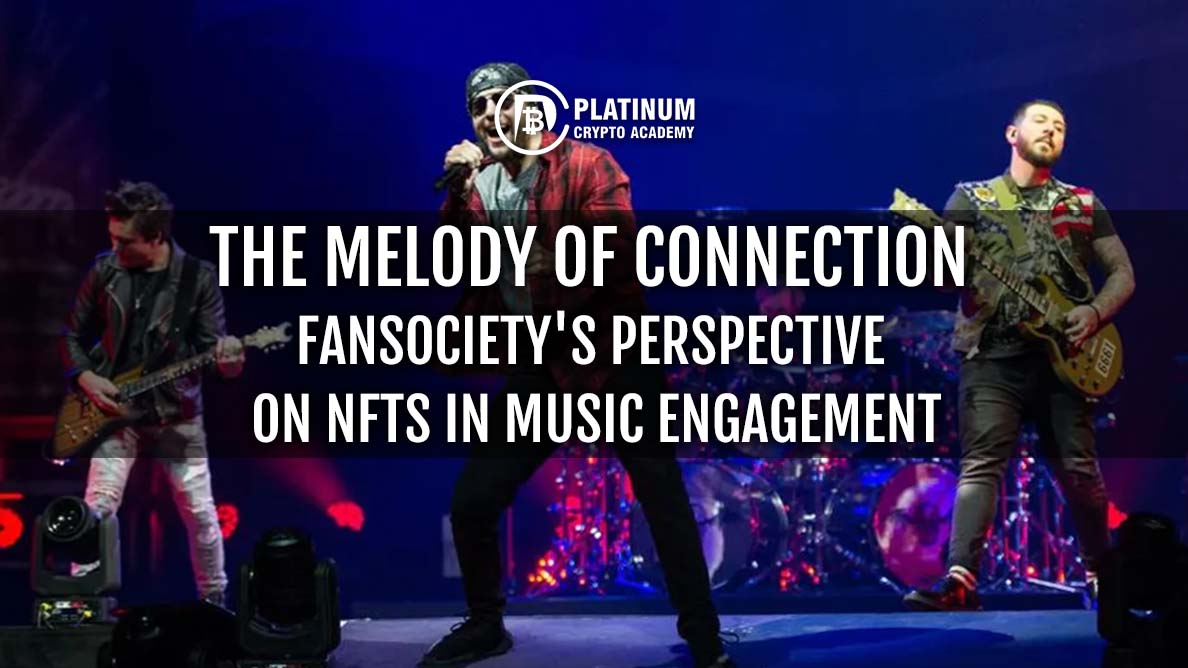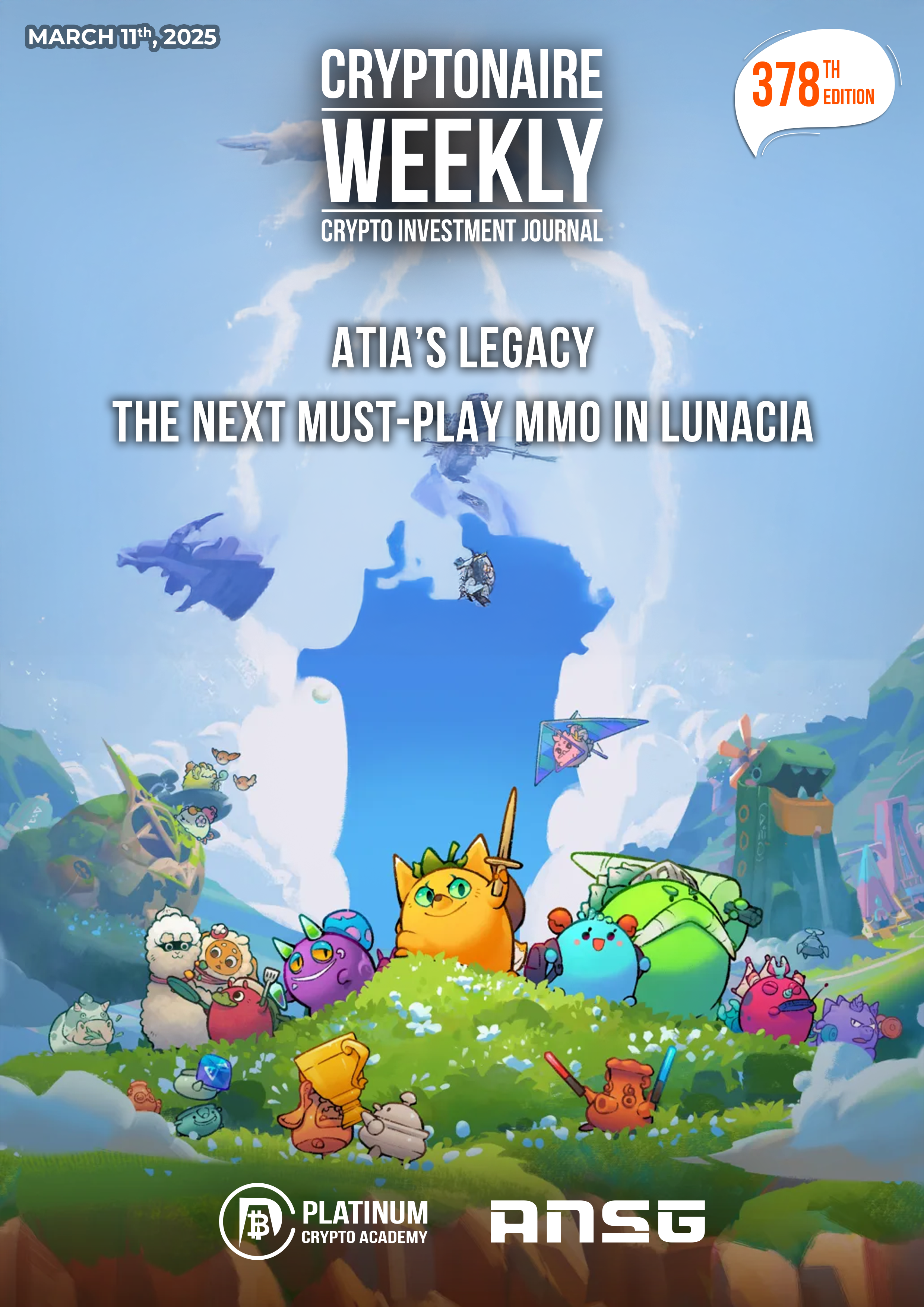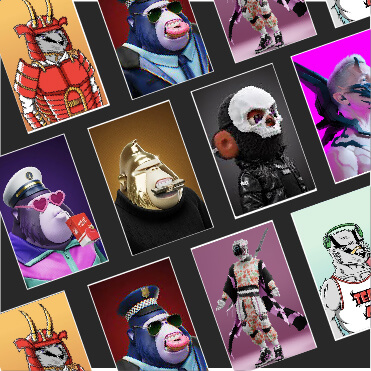The meteoric rise of nonfungible tokens (NFTs) in 2019 was followed by a significant downturn as the entire crypto market contracted, leading to a prolonged bear market that lasted nearly two years. While many may view this period as a collapse of the NFT craze, a more nuanced examination reveals that the technology did fulfill many of its promises. Rather than dismissing failed projects as scams, it’s essential to analyze the key features necessary for success.
In Episode 35 of The Agenda podcast, hosts Ray Salmond and Jonathan DeYoung engaged in a discussion with Miles, a Web3 developer and the creative force behind FanSociety. FanSociety serves as a funding platform for musicians, blending concepts from traditional fan clubs of the 1950s with modern crowdfunding methods and leveraging the immutable storage capabilities of blockchain networks. Through this conversation, Miles sheds light on the potential of NFTs to reshape the relationship between artists and their fans, offering insights into the elements that contribute to successful projects in the NFT space.
https://www.buzzsprout.com/2096305/14988958
The emergence of NFTs in 2019 captured global attention, promising to revolutionize various industries, including art, music, and gaming. However, the subsequent market downturn cast doubts on the sustainability of the NFT ecosystem, with many projects failing to live up to their initial hype. Despite this setback, there is growing recognition that NFTs have significant potential, provided that certain criteria are met.
Miles, the visionary behind FanSociety, believes that the key to successful NFT projects lies in understanding and incorporating the core principles that underpin blockchain technology. By blending the nostalgia of traditional fan clubs with the innovative features of blockchain and crowdfunding, FanSociety offers a unique platform for musicians to engage with their fans and monetize their work in a decentralized manner.
Technology should be flexible and allow users to evolve
Securing funding for an album can be a daunting task for any aspiring musician. But even after the album is released, building a strong and loyal fan base remains another hurdle to overcome. With FanSociety, Miles seeks to provide creators with an avenue that allows them to organically connect with their audience while rewarding loyalty – all without relying on existing NFT collections.
Additionally, he noted that FanSociety has a twofold function: to aid musicians in collecting funds from their followers and incentivizing them by giving digital items as part of the growth of their discography.
Miles states that one frequent problem encountered with NFT collections is their fixed sizes, necessitating creators to release a fresh contract for the “expansion” of the collection.
Having a limit and relying on just one smart contract doesn’t seem logical. It’s like a boolean: you either possess the token or NFT, or you don’t. There were instances of successful musicians launching NFT projects with only 10,000 available units creating an elitist dynamic that contradicts Web3 values in my opinion. I aimed to diverge from this approach by trying something new.”
Fan engagement must be essential
Fan engagement should be more than just a casual interaction; it should hold substantial value for both creators and fans alike. One major concern that FanSociety aims to address is revenue sharing. Currently, popular streaming platforms and record labels tend to allocate only a small fraction of the revenue generated by creators’ music, leaving the majority to be absorbed by the platforms themselves.
In an interview, Miles expressed his dissatisfaction with this system, particularly highlighting the example of Twitch. He pointed out that when fans tip creators on Twitch, the platform takes a whopping 50% cut of the revenue. This, according to him, is a significant issue, especially since there’s no guarantee that this percentage won’t increase in the future. Creators are left uncertain, not knowing if the platform will raise its cut to 60%, 70%, or even add additional fees on top of that.
Moreover, Miles emphasized the need for more meaningful ways to appreciate fans’ support. He believes that Non-Fungible Tokens (NFTs) offered on platforms like FanSociety can serve as a more significant token of appreciation compared to what he considers “gimmicky” rewards like sticker packs.
For artists looking to expand their catalog and engage more deeply with their fans, NFTs represent a tangible way to express gratitude. Miles believes that offering NFTs allows creators to offer something of lasting value to their supporters, rather than mere virtual trinkets.
He explained his perspective, saying, “I’d like to see more value being able to be given back to the supporters, and so that’s what I’m trying to support. And it’s up to the artist to decide what sorts of things, what sorts of ways they want to show their appreciation to people who support them.”
In essence, FanSociety aims to revolutionize the way creators engage with their fans by providing them with a platform that not only values their work but also ensures fair revenue sharing and offers meaningful ways to appreciate their supporters. With NFTs as one of its core features, FanSociety is poised to create a more equitable and rewarding environment for both creators and fans in the digital space.



